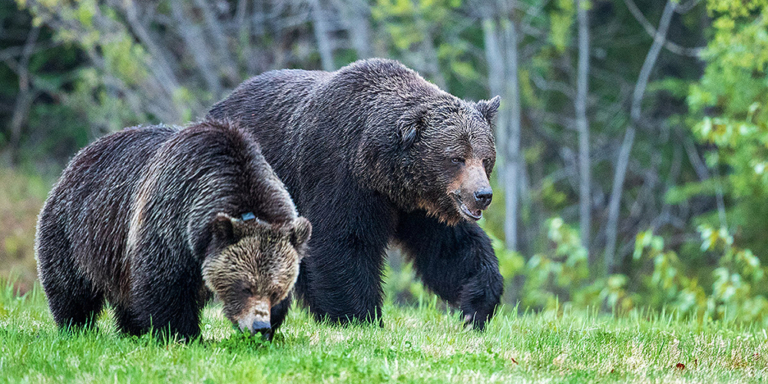It’s a dog-eat-dog world out there, and Canada’s healthcare crisis seems to have hit everyone, no matter what species.
Pets and livestock are no exception.

Pet owners, ranchers, and veterinarians in Alberta are raising concerns about the severe lack of veterinary professionals in the province.
“There is an unbelievable shortage, and it’s happened since the pandemic,” Zoe’s Animal Rescue co-director Kath Oltsher told CBC News.
The loneliness and isolation people experienced, particularly in the first couple of years of COVID-19, had people looking for ways to cope; for many, this meant adopting new pets.
Unfortunately, this has, in part, led to an overwhelming number of animals needing care and needing more veterinarians to provide it.
“We have so many dogs now and so many cats now. I think we’re well over what our system can handle,” said Oltster.
The shortage of veterinarians has reached a critical point, with many clinics struggling to provide essential services, particularly in emergencies.
However, while dog and cat owners are struggling with longer wait times or having to make trips to clinics outside their home area, no one is getting hit harder than ranchers.
Fewer large animal vets
“We’re losing a lot of vets to the small animal side of the business…more lucrative and a lot easier than dealing with a 1,500-pound cow… Leaves us with not enough vets for the amount of cattle we have in this country,” Jacob Bueckert, chair of the Alberta Cattle Feeders’ Association, told the BNN Bloomberg.
Alberta Care Centre of Strathmore’s veterinarian owner, Dr. Jodi Viste, explained to Strathmore Now that the lack of large animal veterinarians creates a snowball effect.
The fewer vets that work at rural and large animal practices, the higher the veterinarian burnout rates, causing closures due to the lack of staffing and loss of after-hours care.
“Clients are having to drive over an hour or more with injured or ill animals in order to seek attention, and this can have an impact on the outcome,” said Viste.
And when the health of your animals is also tied to your income, as it is for cattle ranchers, this can profoundly affect the welfare of both animals and owners.
So, how do we solve this shortage?
Viste says being a vet in a rural area is a fantastic profession.
“The sense of community in being a rural vet is very rewarding – it is an honour to be involved in community events such as the Strathmore Stampede, 4H talks, school tours/presentations and education through the media.”


But it seems these rewards alone haven’t been tempting enough to motivate enough people to enter and stay in the profession.
Last year, the province provided funding to bolster enrollment at the only veterinary medicine program in Alberta – the University of Calgary.
This funding is to attract 100 students into the program by 2025.
That’s good news, but we won’t see the effects until the students graduate in 2029.
In the meantime, Glenora Family Pet Clinic veterinarian Nick Barbaza told CBC that trained professionals must come from outside the province.
“Part of the solution is to bring more foreign-trained veterinarians that are already out there, but they have a hard time coming in,” he said.
Fast-tracking the licensing process for foreign-trained veterinarians is necessary to address the shortage, but more action needs to be taken to make it happen.
If changes aren’t made soon, the crisis will only further impact communities, their beloved pets and our ranchers’ livestock.






